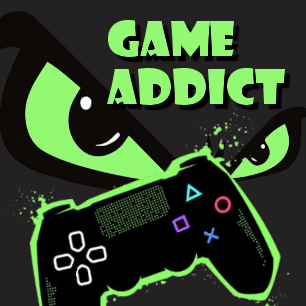Article Categories
- Baldur's Gate 3
- Diablo
- Elder Scrolls
- General
- Hogwarts Legacy
- League of Legends
- Minecraft
- Pokemon Go
- Sims 4
- StarCraft
- Steam Platform
- Xbox Game Console
More Articles
What is the record word size for a gaming system?
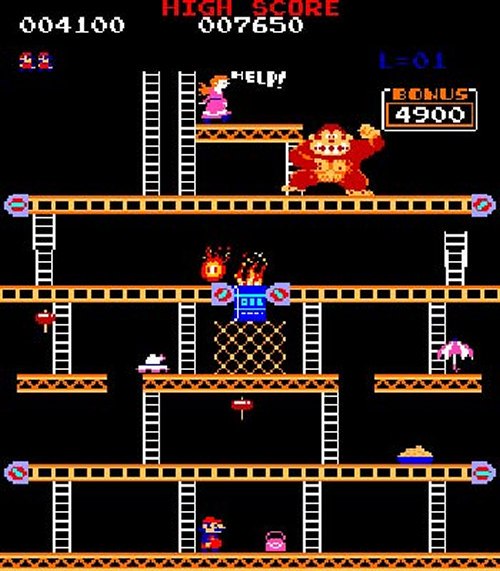
I remember the "bit wars" of the late 1980s and early 1990s. The Genesis/Mega Drive and the PC Engine/Turbografx-16 were heavily marketed in the very early 90's as having twice as many "bits" (16) as the previous generation (Famicom/NES, Sega Master System, etc.). By 1993, Atari returned to the market with its monstrous cat-themed Atari Jaguar which they heavily touted as a 64-bit machine ("Do the math!"). This system was, as we remember, promptly pwned by the Nintendo 64 and Sony PlayStation before the decade was half up.
Starting around 2000, word size seems to have faded out of the world of gaming marketing and criticism. It became all about having wowie-zowie immersive 3D graphics, raw bit count be damned. I was looking at the 3DS on my shelf when I realized that I had entirely no idea what its word size was. I assume it is 32-bit or 64-bit based on my knowledge of contemporary PC's, but word size seems to have been completely absent in 3DS marketing and even discussion.
So, my question is, how high has word size actually gone in terms of gaming consoles? Was there ever a 128-bit console? 256? 512? 1024? How about a 2048-bit monstrosity? If I am dreaming of creating the world's first 4096-bit Mega Word Pwnage Rhinocerous9000 XL 2022, would that be a record or would I just be an also-ran in the lost Bit Wars?
To be clear, I'm not asking for a definition of or explanation of word size, nor am I asking why bit size is no longer prominent in console marketing. I'm asking a historical question about word size. Did bit size continue to grow behind the scenes (but was glossed over for marketing purposes) or are we literally still in the 32 and/or 64-bit console eras?
Question from user Robert Columbia at gaming.stackexchange.com.
Answer:
64-bit, really. All current-generation consoles are based on 64-bit processor architectures (AMD Zen x86-64 on the PS5 and Xbox; Nvidia Tegra AArch64 for the Nintendo Switch). Yes, they support SIMD instructions that can operate on up to 256 bits of data at once, but those are parallel operations on chunks of 64 bits or less (very often, 32-bit and even 16-bit floats).
As mentioned in pinckerman's answer, manufacturers around the year 2000 tried marketing their new systems as "128-bit" because the 90s encouraged consumers to associate the "bitness" of a console with generational improvements and they wanted to one-up the "64-bit" generation. but thankfully they learned the futility of that and didn't take it any further.
Fundamentally, in gaming and everywhere else, "more bits" is dead. There are a few niche scientific applications where extended floating-point precision is needed, and some applications like cryptography that deal with integers thousands of bits long, but for 99.9% of everything 64 bits is plenty — and for the rest, you can always do the operations in software, at a speed penalty. The push instead is for more throughput, more parallelism, and more power efficiency.
Footnote: actually, if you want to be a stickler, many x86 processors since the 1980s, and essentially 100% of them since the mid-90s, have hardware support 80-bit floating-point numbers. For various reasons, this has not led anyone to call anything with an Intel-compatible FPU an "80-bit machine".
Answer from user hobbs at gaming.stackexchange.com.

I remember the "bit wars" of the late 1980s and early 1990s. The Genesis/Mega Drive and the PC Engine/Turbografx-16 were heavily marketed in the very early 90's as having twice as many "bits" (16) as the previous generation (Famicom/NES, Sega Master System, etc.). By 1993, Atari returned to the market with its monstrous cat-themed Atari Jaguar which they heavily touted as a 64-bit machine ("Do the math!"). This system was, as we remember, promptly pwned by the Nintendo 64 and Sony PlayStation before the decade was half up.
Starting around 2000, word size seems to have faded out of the world of gaming marketing and criticism. It became all about having wowie-zowie immersive 3D graphics, raw bit count be damned. I was looking at the 3DS on my shelf when I realized that I had entirely no idea what its word size was. I assume it is 32-bit or 64-bit based on my knowledge of contemporary PC's, but word size seems to have been completely absent in 3DS marketing and even discussion.
So, my question is, how high has word size actually gone in terms of gaming consoles? Was there ever a 128-bit console? 256? 512? 1024? How about a 2048-bit monstrosity? If I am dreaming of creating the world's first 4096-bit Mega Word Pwnage Rhinocerous9000 XL 2022, would that be a record or would I just be an also-ran in the lost Bit Wars?
To be clear, I'm not asking for a definition of or explanation of word size, nor am I asking why bit size is no longer prominent in console marketing. I'm asking a historical question about word size. Did bit size continue to grow behind the scenes (but was glossed over for marketing purposes) or are we literally still in the 32 and/or 64-bit console eras?
Question from user Robert Columbia at gaming.stackexchange.com.
Answer:
64-bit, really. All current-generation consoles are based on 64-bit processor architectures (AMD Zen x86-64 on the PS5 and Xbox; Nvidia Tegra AArch64 for the Nintendo Switch). Yes, they support SIMD instructions that can operate on up to 256 bits of data at once, but those are parallel operations on chunks of 64 bits or less (very often, 32-bit and even 16-bit floats).
As mentioned in pinckerman's answer, manufacturers around the year 2000 tried marketing their new systems as "128-bit" because the 90s encouraged consumers to associate the "bitness" of a console with generational improvements and they wanted to one-up the "64-bit" generation. but thankfully they learned the futility of that and didn't take it any further.
Fundamentally, in gaming and everywhere else, "more bits" is dead. There are a few niche scientific applications where extended floating-point precision is needed, and some applications like cryptography that deal with integers thousands of bits long, but for 99.9% of everything 64 bits is plenty — and for the rest, you can always do the operations in software, at a speed penalty. The push instead is for more throughput, more parallelism, and more power efficiency.
Footnote: actually, if you want to be a stickler, many x86 processors since the 1980s, and essentially 100% of them since the mid-90s, have hardware support 80-bit floating-point numbers. For various reasons, this has not led anyone to call anything with an Intel-compatible FPU an "80-bit machine".
Answer from user hobbs at gaming.stackexchange.com.
How Can I Recall the Diablo Region Progress Screen?
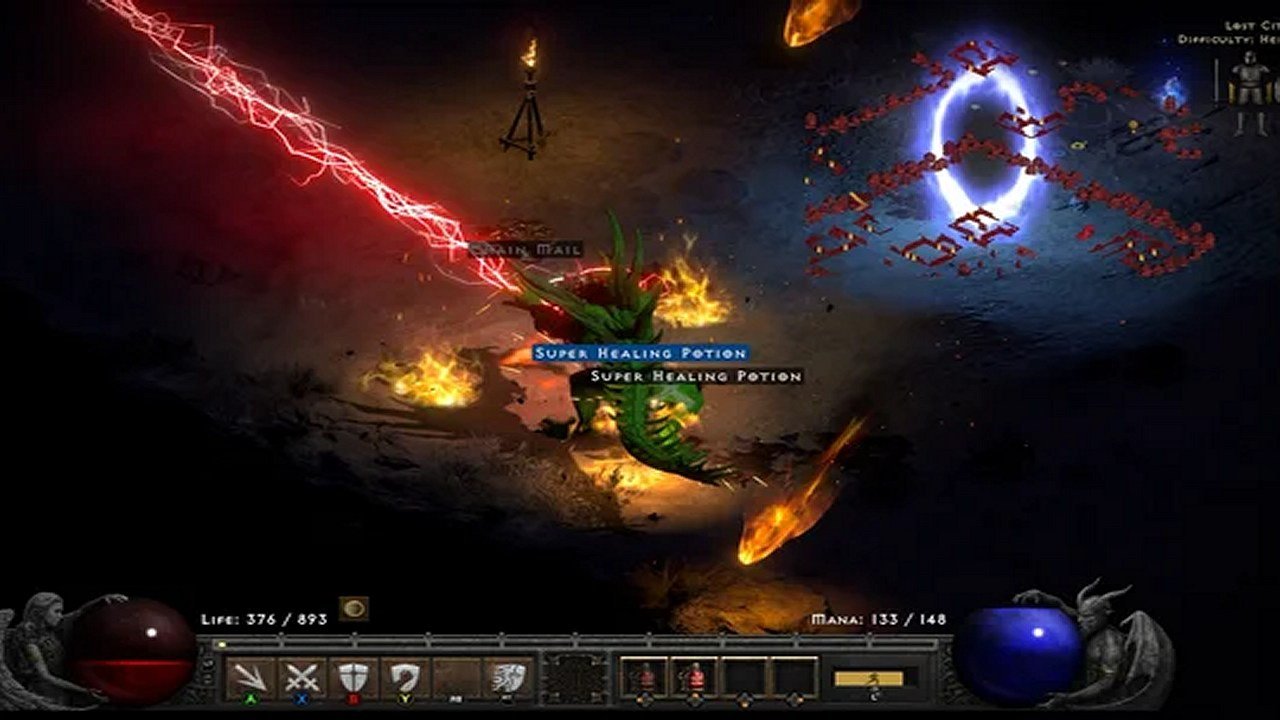
Command to say player coords in chat?
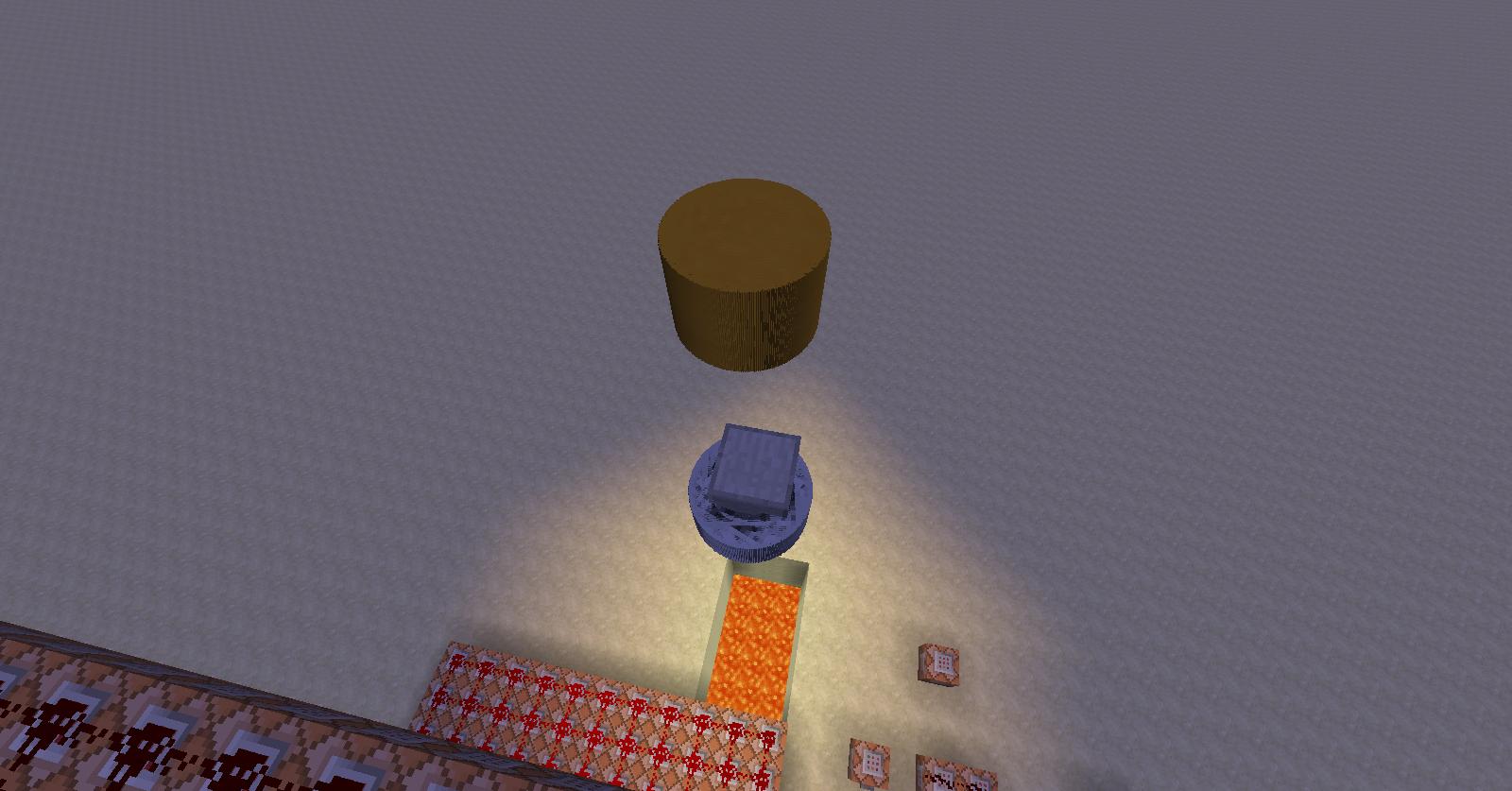
Hogwarts Legacy: whats this symbol next to my little dude mean?
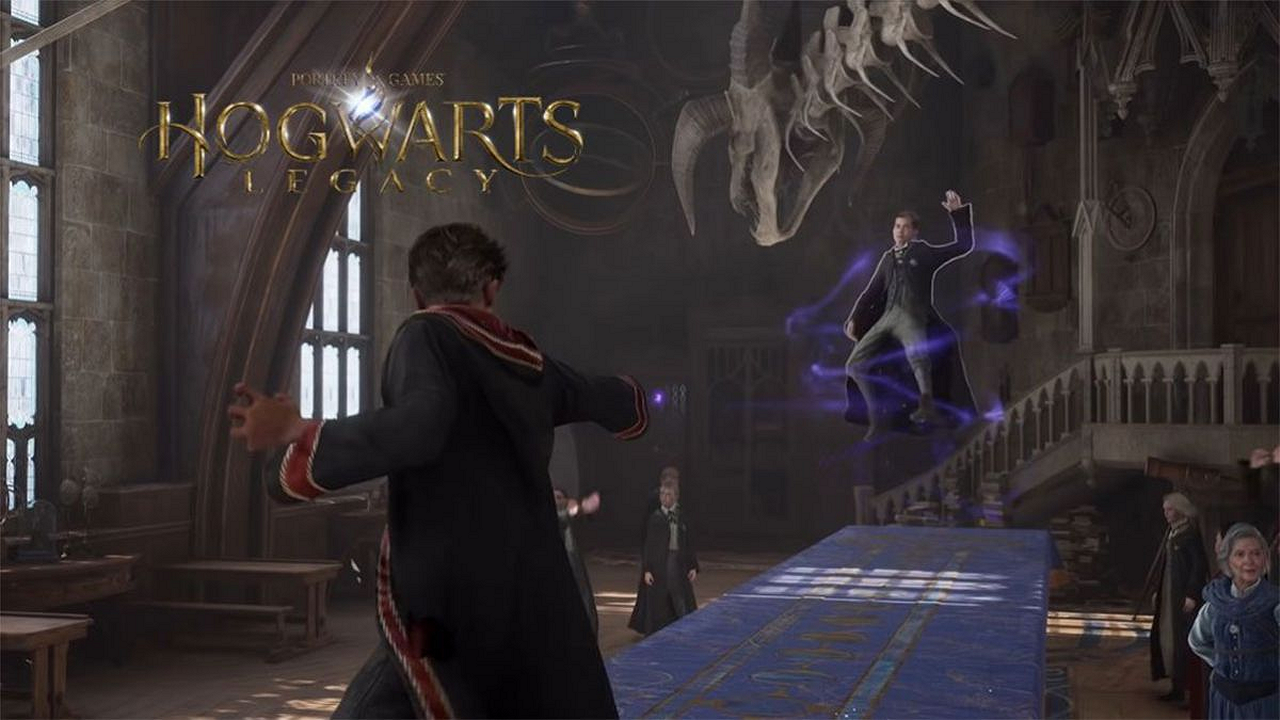
What do the Dota 2 ranks mean in the context of individual unranked games?
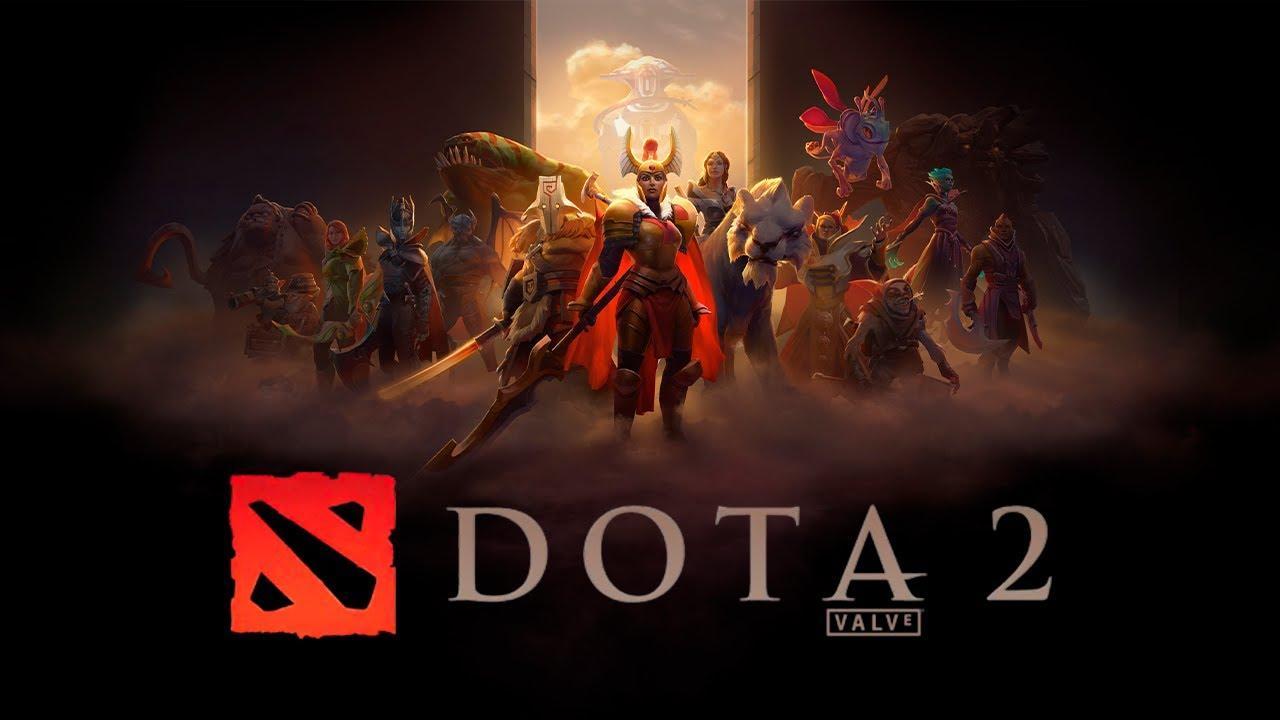
How does Health and Healing work in BattleBit Remastered
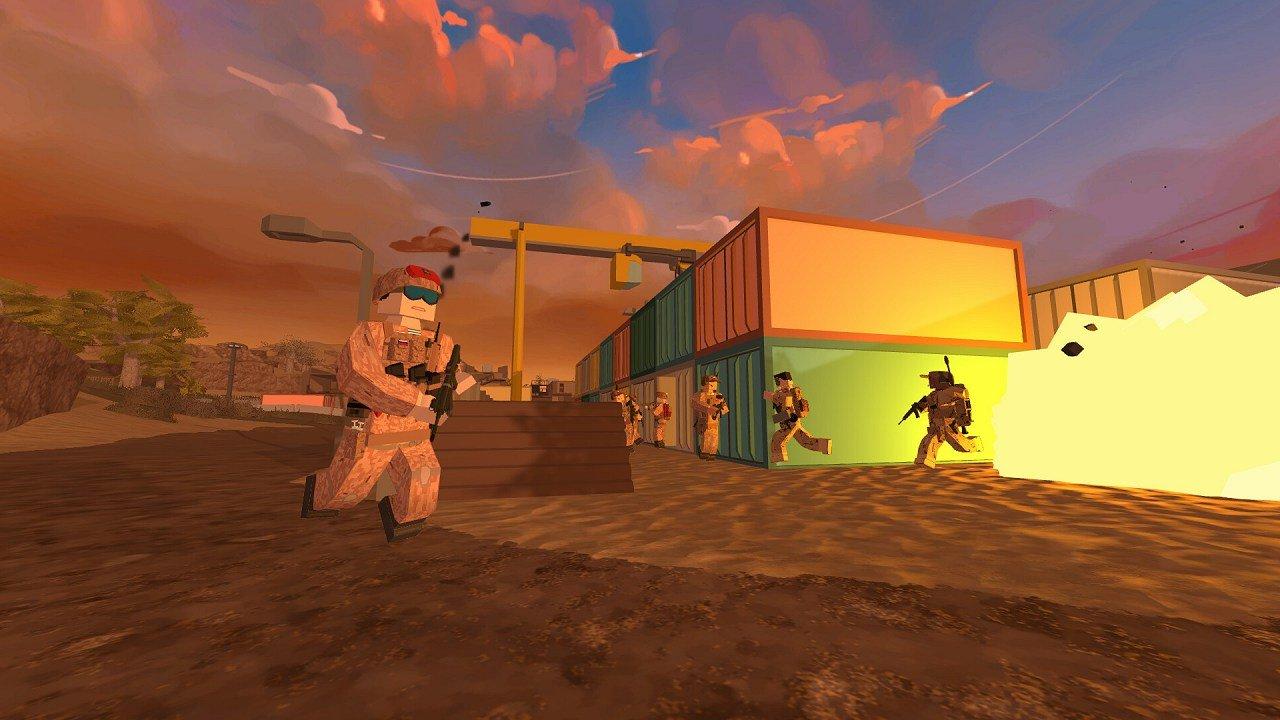
How does scoring work in Unidentified Falling Objects?
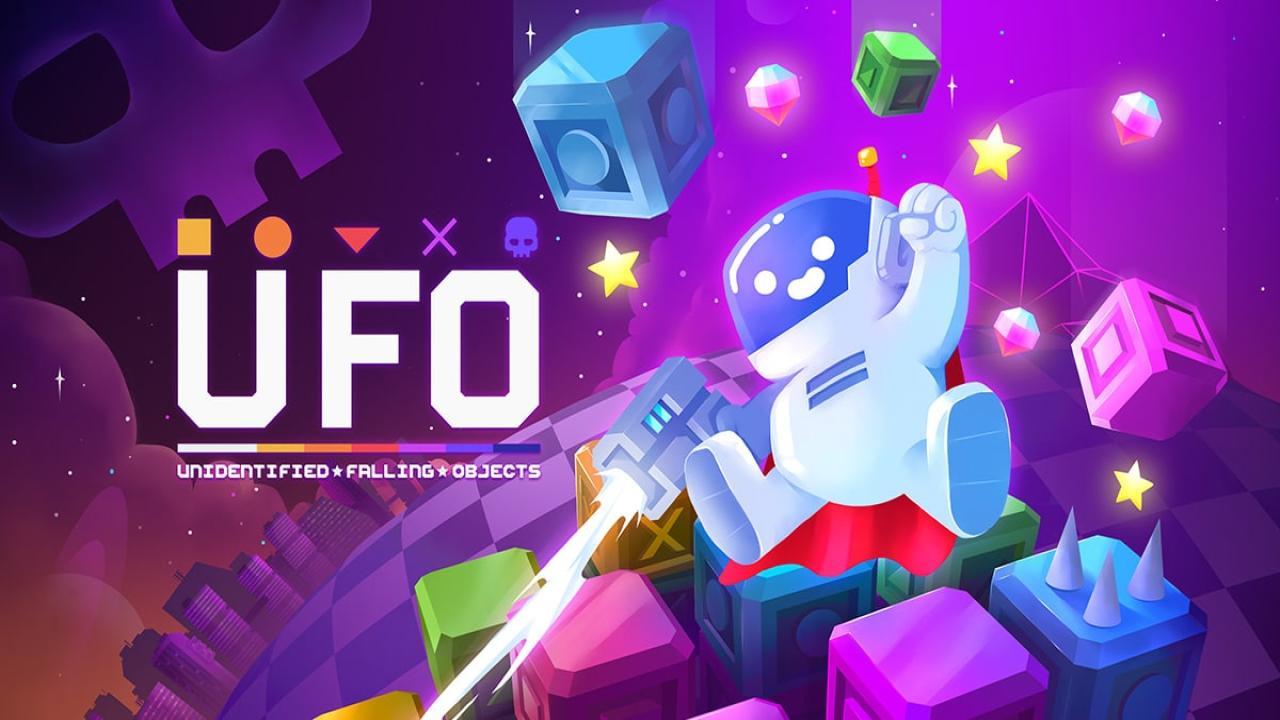
What are the optimal strategies for buying and selling matches?

Not letting me pick up these blue things in Hogwarts Legacy

What video game is played in the movie “Drugstore June”?


